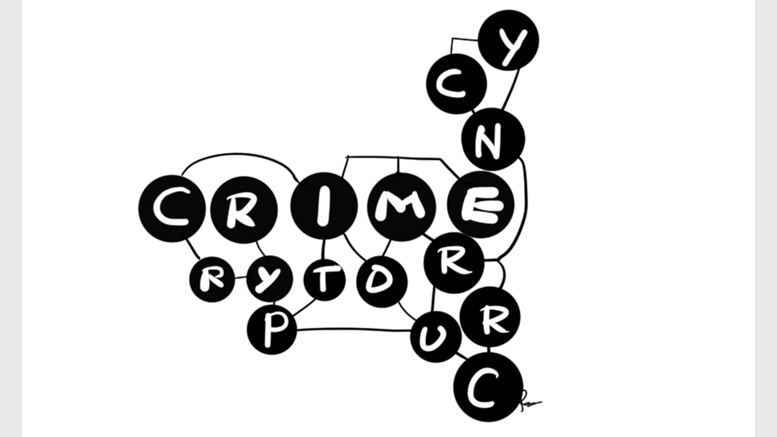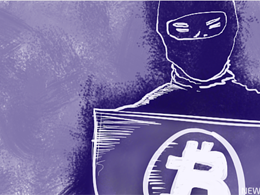
Europol Report Connects Dots between Crime and Cryptocurrency
Digital currencies such as Bitcoin are enabling individual criminals, who come together on an ad-hoc basis, to boost the "crime-as-a-service" business model. The newly-released Europol report titled, 'Exploring Tomorrow's Organised Crime', states: "Virtual currencies increasingly enable individuals to act as freelance criminal entrepreneurs operating on a crime-as-a-service business model without the need for a sophisticated criminal infrastructure to receive and launder money." The research, aimed at identifying the key trends in the EU criminal landscape, revealed that such developments....
Related News
Europol has issued a new report on Internet crime in which it outlined a number of scenarios involving bitcoin. Called the Internet Organised Crime Threat Assessment (iOCTA), the report examines the use of bitcoin on various dark web sites, by organised crime and individual actors, and calls digital currencies an 'enabler' for cryber-criminals and a challenge for law enforcement. However, it makes a clear distinction between bitcoin and digital currencies designed with true anonymity in mind, like darkcoin, warning: "We feel it should concern everyone that the latest cyber currencies are....
Abuse expands with use in the case of cryptocurrency, Europol has acknowledged while also noting that blockchain technologies offer authorities a new opportunity to fight crime. Europe’s law enforcement agency also says they can help investigate money laundering networks.
Understanding Cryptocurrencies Is Vital to Tackling Organized Crime, Europol Says
The growing use of cryptocurrency across borders and industries comes with increasing abuse, new forms of crime, and money laundering, the European Union Agency for Law Enforcement Cooperation (Europol) has concluded after....
In its latest report called the Internet Organised Crime Threat Assessment for 2015, Europol outlined the state of cybercrime threats in the European Union. The report mentions bitcoin and virtual currencies, claiming that it accounts for roughly 40% of criminal-to-criminal transactions online. This follows the agency's statement indicating that cryptocurrencies promote the crime-as-a-service business model, wherein bitcoin was highlighted for its role in facilitating money laundering. The cryptocurrency is known for its anonymous transactions, which Europol says makes it "heavily abused....
The latest research from Europol called the Europol Internet Organized Crime Threat Assessment makes it clear how thieves’ use of Bitcoin is changing. The report talks about the use of stablecoins like Tether (USDT) and Bitcoin for illegal activities, and how Monero is becoming more popular for private transfers, among other key findings. Related Reading: […]
Europol has said in a new report that it believes bitcoin could become the go-to currency for digital criminals in the region. The European Union's top law enforcement agency released its Internet Organised Crime Threat Assessment for 2015 on 30th September, outlining its view of the top cybercrime threats facing the European Union. The report focuses on the topic of bitcoin and digital currencies in a number of contexts, including the state of criminal financing and specific elements of illicit activity involving the technology. Europol said that, according to its data, bitcoin accounts....





